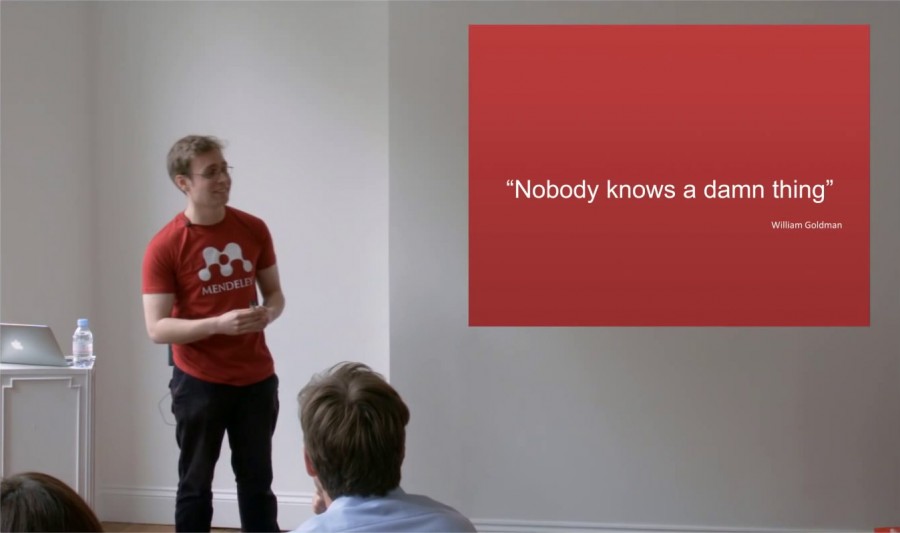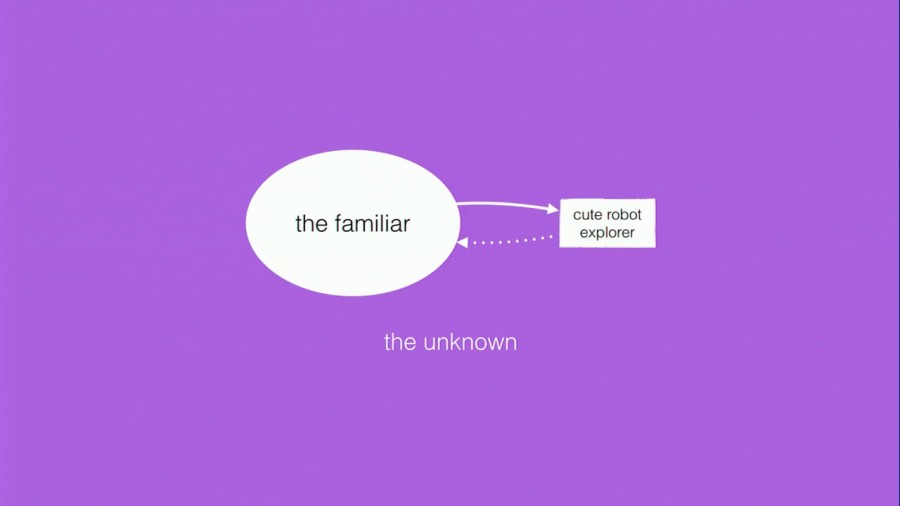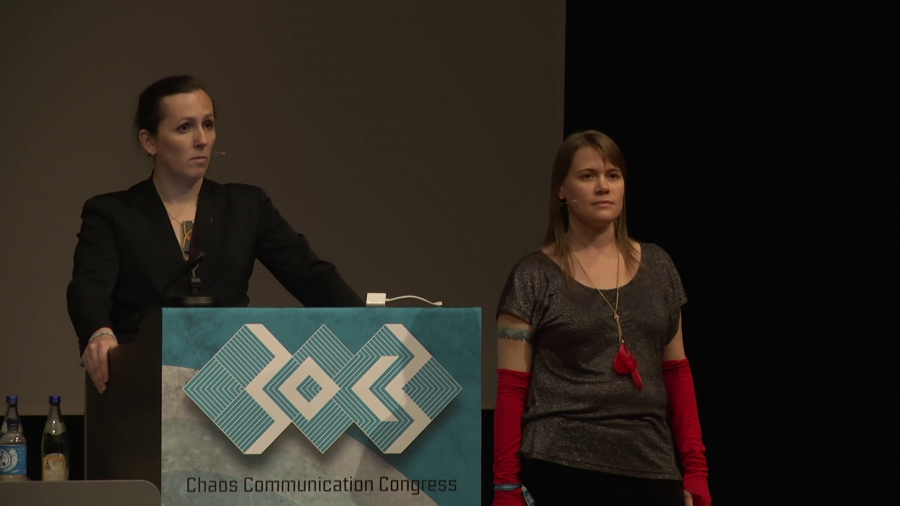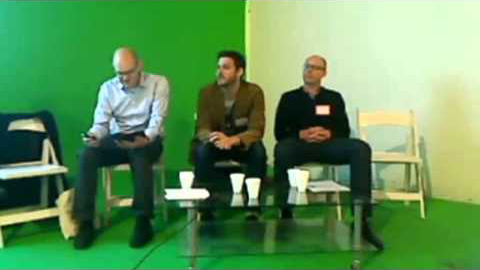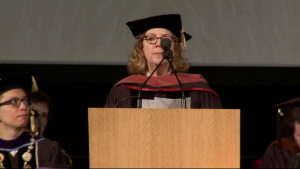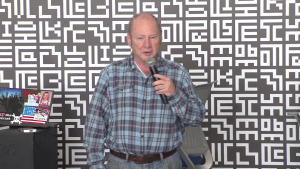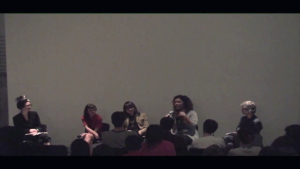Food has always been tightly intertwined with culture and identity. As a result, it’s also been a common target of colonialism. Colonizers understood that by wiping out people’s food traditions, it would be easier to wipe out their origins, their identity, and their history. This kind of trend isn’t only in the past, though. In many areas of the world, dietary habits are changing, food inequality is rife, and somehow both obesity and hunger are on the rise on a global scale.
How to Social Engineer Your Child through Minecraft
presented by Marie Gilot
Today I want to talk to you about how you too can social engineer your child through Minecraft. First off, this is not a presentation for any kind of parents. There are some parents that are not going to be interested in this, for instance if you want your child to be happy and you're fine with that. Read more →

